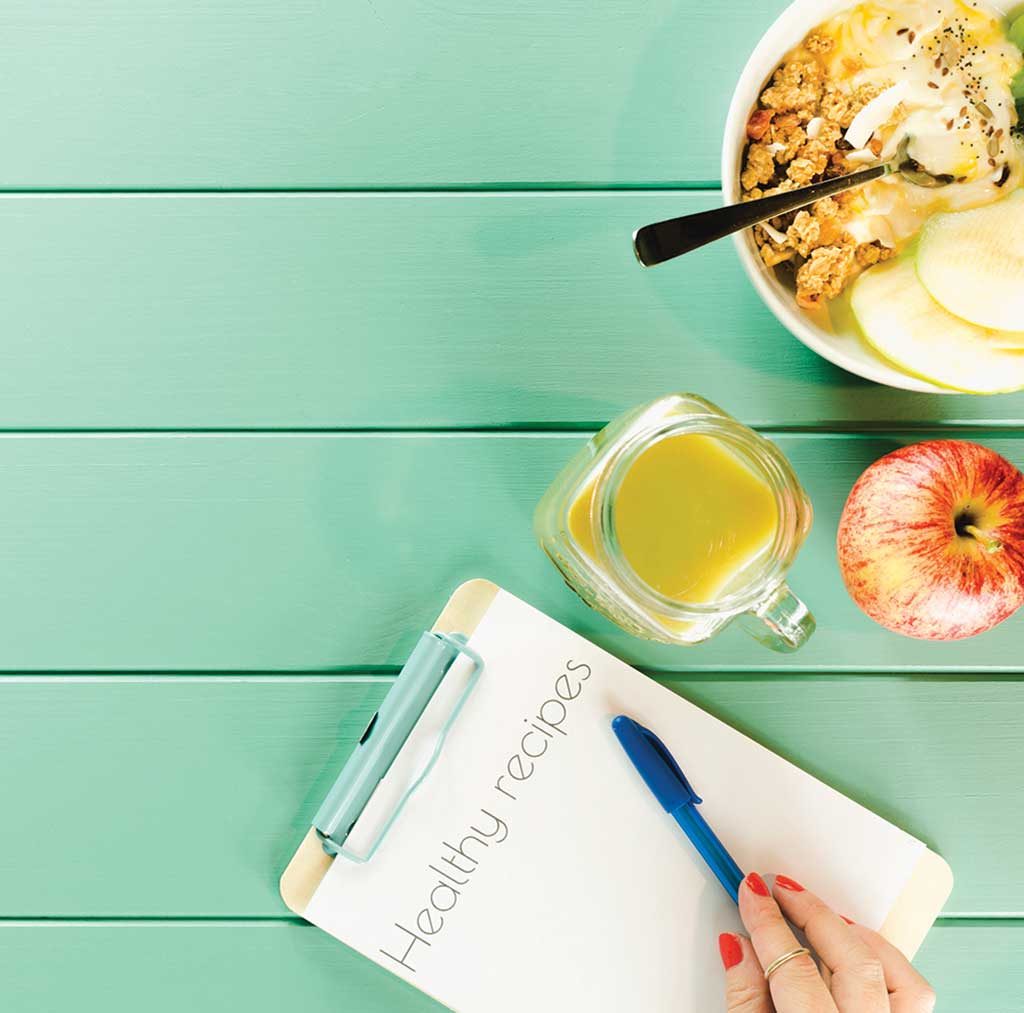The Power of Positive
Up to 1 in 4 people will be affected by mental health problems at some point in their life. Here are a few ways to help boost your mental health in a positive and uplifting way
Your mental wellbeing
Your mental wellbeing describes how you are feeling and how you are coping on a day-to-day basis.
Having good wellbeing allows you to feel confident about yourself and your self-esteem. It will also enable you to feel engaged with the world around you and to cope more effectively with the stresses of everyday life.
The benefits of this mindset will encourage you to have a more productive and rewarding life, even with unexpected changes and times of potential worry. This can all be backed up with positive relationships and friendships.
It’s important to remember that your mental wellbeing isn’t a permanent feature. It can change from year to year, month to month, day to day – even moment to moment. However, if you experience low mental wellbeing over a prolonged period of time, you are more likely to develop a mental health problem. That’s why looking after yourself is so important.
Connections

Scientific evidence highlights the importance of good and positive connections. These can be forged through family, friends and our wider communities.
Good connections help us feel more stable and secure, and can also lead to a greater sense of purpose in life. They can help us feel good about ourselves, allowing us to function better. They do this by building our self-worth and our sense of belonging. We can also benefit from making others feel better about themselves in their times of need – which will make us feel better about ourselves.
Good connections allow us to share positive experiences. Call on family and friends and reconnect if necessary.
Keep Active
There is strong evidence to show that keeping active is good for your wellbeing. And the good news is that you don’t have to spend hours at the gym to do this.
Physical activity alters the chemical make up in the brain, which can led to better moods. Exercise releases endorphins, the body’s feel-good hormones. Adults aged 19 and over should aim to do at least 150 minutes of moderate-intensity aerobic activity, such as fast walking or cycling, a week.
A great way to increase your activity is to find something that you enjoy doing so that it doesn’t feel like a chore. Make it a part of your life.

Challenge yourself
It can be hard motivating yourself to set goals in your life, so one of the key ways to beat this is to find something that you love doing and do more of it. If you have a hobby that you enjoy, make time for it.
Then set yourself small goals and aim to meet them. Even reaching small goals will help boost your confidence and the way that you view yourself. It could be something as simple as trying out a new recipe a week, or learning a few words in a foreign language. Focus on the small win, not big achievements.
If you struggle with thinking up goals, join a class or become a volunteer. You’ll get to meet new people, make new friends and also be provided with small tasks to challenge yourself. And you can share those little wins!
Asking for help
There is no shame in asking for help and there are plenty of people who are willing to listen. If you don’t feel comfortable talking to friends or family, you can always speak to your GP or pick up the phone and speak to the Samaritans. Even the act of getting things off your chest will help you feel better.
Try not to pressurise yourself to carry on as normal if you are struggling. Many people need help and support carrying out basic day-to-day tasks – cleaning, childcare and shopping.
If you are finding things especially difficult, remember that there are trained professionals who are ready to listen and help. You can seek out counsellors who will help you through your struggle, offering reflection, support and a range of possible treatments or solutions.
Professionals can also help you formulate a crisis plan – the aim of which is to help you think about the things you might need during a crisis. This will help you feel more in control of your life.
Diet

Because your physical wellbeing is so closely linked to your mental wellbeing, taking care of yourself physically can make you feel a whole lot better. And it’s not just exercise that helps – you may want to explore how your diet affects you. Improving your diet can give you more energy, lift your mood and help you think more clearly.
Keep hydrated by drinking plenty of water and keeping caffeine and alcohol to a minimum. Your gut is intrinsically linked to your moods. Stress and anxiety can affect its performance. Nourish your body with the vitamins and minerals it needs and it will reward you with better moods.
Sleep
Good sleep is vital to both physical and mental health. Lack of sleep can occur due to external factors like noisy neighbours or young children but in many cases, it comes down to anxiety and worry. Establishing a routine can help for some, while taking a break from laptops and phones works better for others. Go to bed when you feel tired enough and try to do something relaxing beforehand. Your brain will be better prepared for sleep that way.

Taking time for yourself
Taking time for yourself is an essential part of maintaining your wellbeing. Far too often, we spend our time running around for others, often with disregard for our own needs.
Dedicating time to meditate, even if it’s 10 or 15 minutes a day, will give you that little ‘sanctuary’ that you know you can look forward to every day. Take the time to listen to some music, colour in a colouring book or do something as simple as taking a bath.
There’s also no need to feel guilty about taking time for yourself.
Get to know yourself
‘To know thyself is the beginning of wisdom.’ This famous quote is often attributed to Socrates but what exactly do you know when you ‘know yourself?’
When you know yourself, you understand what motivates you to resist bad habits and develop good ones. You’ll have the insight to know which values and goals activate your willpower.
When you evaluate yourself, pay attention to the things that make you feel uncomfortable. These emotional signals can tell you if you are trying to avoid a subject. Are you insecure about that characteristic? If so, what can you do to overcome it?
We tend to underestimate the importance of knowing ourselves. Many of us go through each day reacting to events and just getting by rather than making conscious choices based on who we are and what we want.


